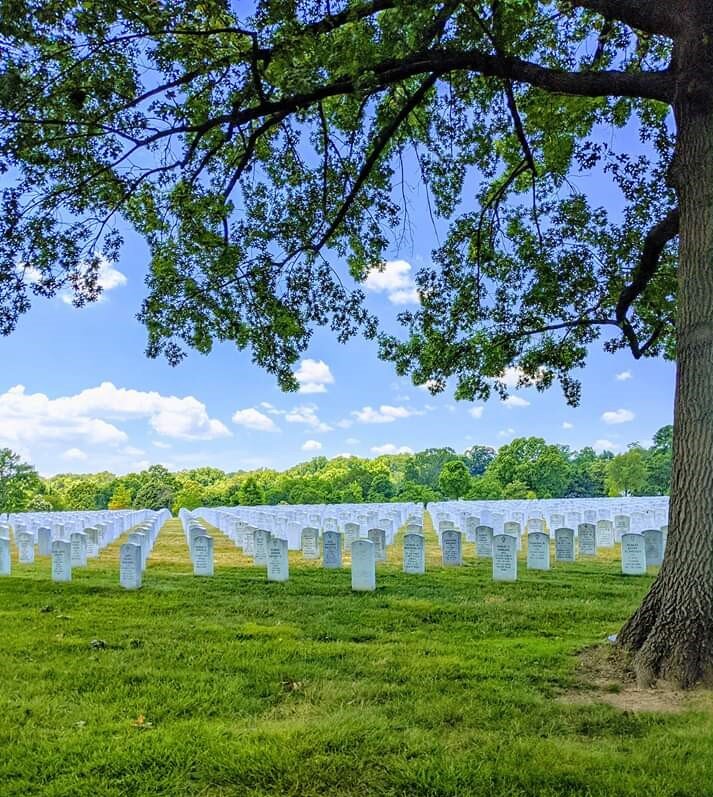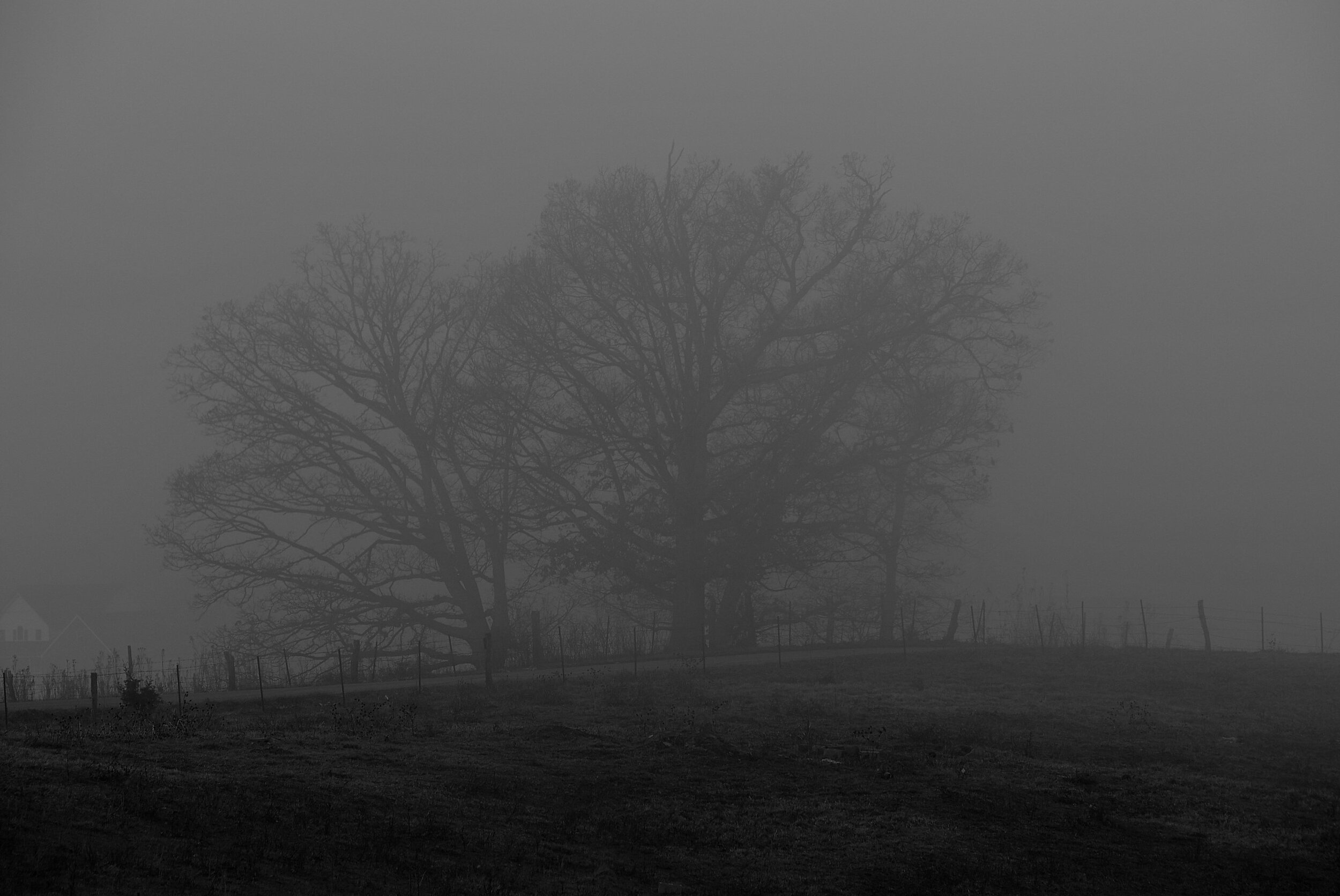Grieving A Generation
/
“When they are old, they will still produce fruit; they will be healthy and fresh. They will say that the Lord is good. He is my Rock, and there is no wrong in him.” Psalm 92:14-15
My 89-year-old friend, Mary Lou went to heaven this past week. Mary Lou had a sweet, sweet spirit. She loved Jesus, her family and life. She loved to hug and give you a kiss and make you feel as if you were the most important person in the world, and you were to her at that moment. I enjoyed lunches with her. Mary Lou supported me in my ministry and always encouraged me. Our spirits were connected in grief with the loss of husbands. We sent cards to each other. I loved Mary Lou as my friend.
This past week, two of my dear older friends needed me as they dealt with health issues and needed help making decisions. God made it possible for me to change my schedule (a client got a flat tire) and be with them immediately and guide them through the issues. Through this experience and the death of Mary Lou, God and I have been reflecting on my relationships. My friendships in ministry have been many people who would be considered “elderly” or the oldest generation. My friend I assisted this week made the comment, “We are losing all of our friends.” So am I. Many of my dear friends are in their ninth and tenth decade of living.
As a child, I spent hours with my grandmother and other older relatives. I enjoyed their stories but also how they encouraged me. When I began my ministry, I was the Minister of Youth and Education working with students, but I always connected the youth with the oldest generation by “adopting” grandparents to visit and assist. The oldest person I have been around was 107 years old when he went to heaven. Over the years, I have connected in every church with the oldest generation and developed friendships that have guided me in my own spiritual walk. I was attentive and treated them with the respect they deserved. I wanted to learn and grow from their experiences and wisdom. They supported and encouraged me. In my years in Hospice, most patients were in this oldest generation. It was a privilege to walk with them in this sacred and final journey.
These friendships have strengthened my life and taught me how to live, love and grow in my faith and commitment to Jesus. But with these friendships, I have had to grieve repeatedly the loss of dear people in my life. By choosing the oldest generation, the length of years in the friendship has been shorter but the impact lasts a lifetime. As I grieve the loss of each friend like Mary Lou, I become more and more aware that someday soon I will be the oldest generation. I will continue to grieve those who have come before me, but also give thanks for teaching me how to live in old age.
The Scripture teaches us that age is not a factor in being used by God and being productive. God called Abraham in old age. Moses led the Israelites through the desert late in life. God continues to use and call people based on their faith and willingness to serve not based on their age.
So as I grieve the loss of my friend, Mary Lou, Jim, Nancy, Ruth, and the list goes on and on, I give thanks for their lives, their faith, their service to Jesus, their support and encouragement and most of all their love and friendship. My life has been enhanced because of all these friendships. I will not stop developing them and walking with them on this journey of life. And when I become the oldest generation, I hope and pray I will have family and friends to walk with me.





















